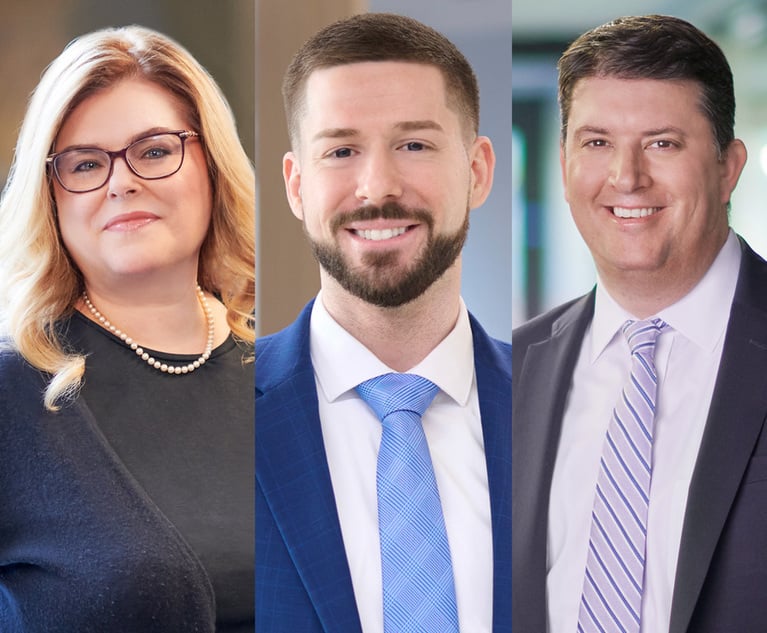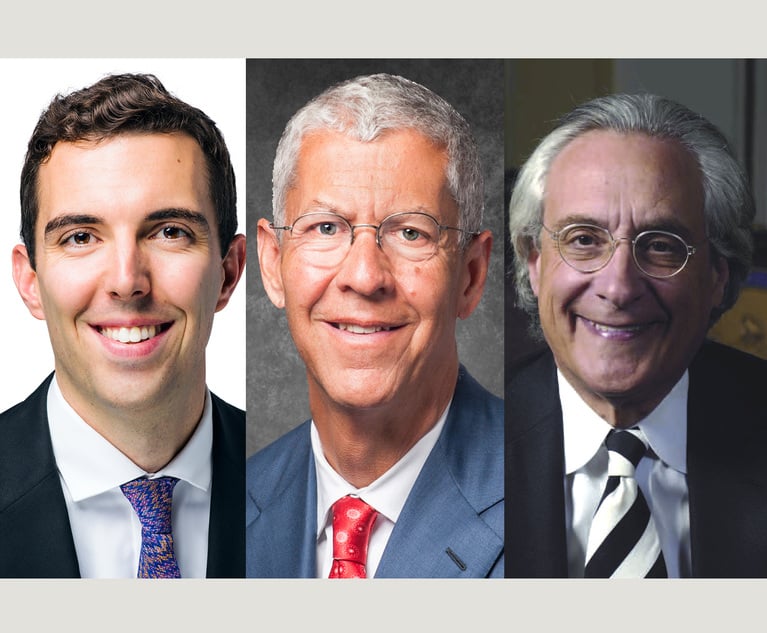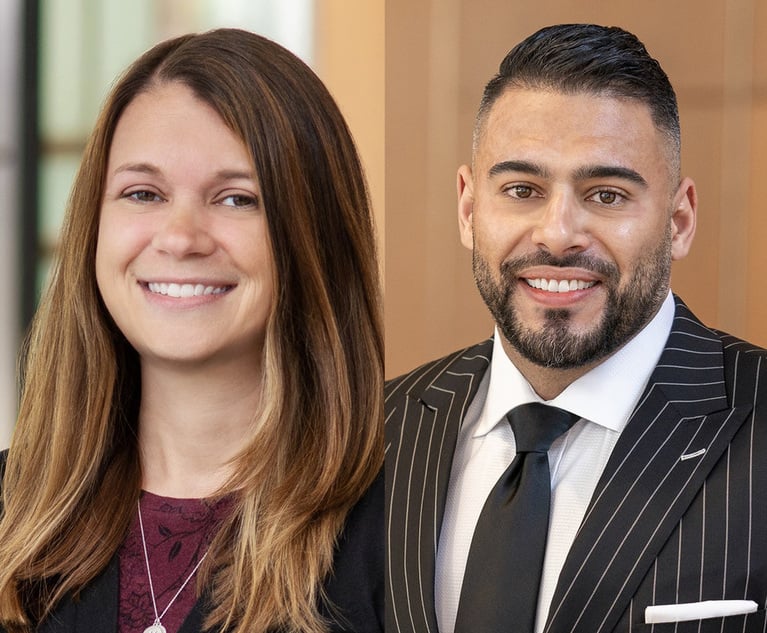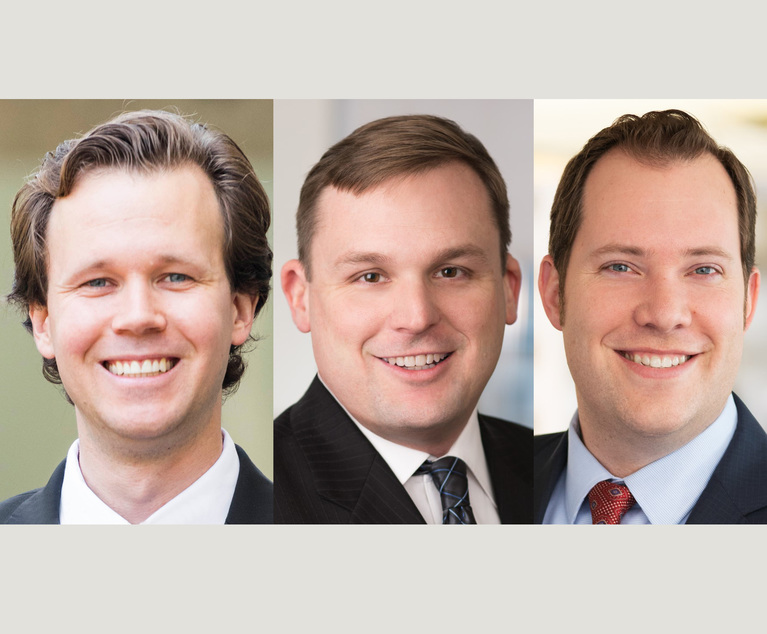On Jan. 9, the U.S. Supreme Court heard oral argument on whether the attorney-client privilege protects against disclosure of dual-purpose communications—where the communications contain both legal and nonlegal advice. The case In re Grand Jury, 23 F.4th 1088 (9th Cir. 2022) is under review to determine this question. In re Grand Jury arose from a grand jury subpoena to a law firm seeking communications related to tax advice given to a client. The firm refused to produce certain documents citing attorney-client privilege and the work-product doctrine. The government moved to compel the production of the withheld documents, which the court granted in part. Among the withheld documents that the court ordered produced without redactions were emails containing attorney recommendations.
In considering whether the attorney-client privilege attached to the disputed dual-purpose communications, the district court applied the “primary purpose” test. The district court held that the attorney-client privilege did not protect a subset of documents whose predominate purpose was the procedural aspects of tax return preparation and not tax legal advice. The district court acknowledged the “significant purpose” test adopted by the U.S. Court of Appeals for the D.C. Circuit in In re Kellogg Brown & Root, an opinion written by then-Judge Brett Kavanaugh, holding that the attorney-client privilege applies if “solicitation of legal advice was one of the material purposes of the communication.” But the district court rejected that standard, holding that “the relevant consideration is whether the primary or predominate purpose of the communication was to seek legal advice or to provide the corresponding legal advice.”


 Kelly Lavelle of Kang Haggerty. Courtesy photo
Kelly Lavelle of Kang Haggerty. Courtesy photo




